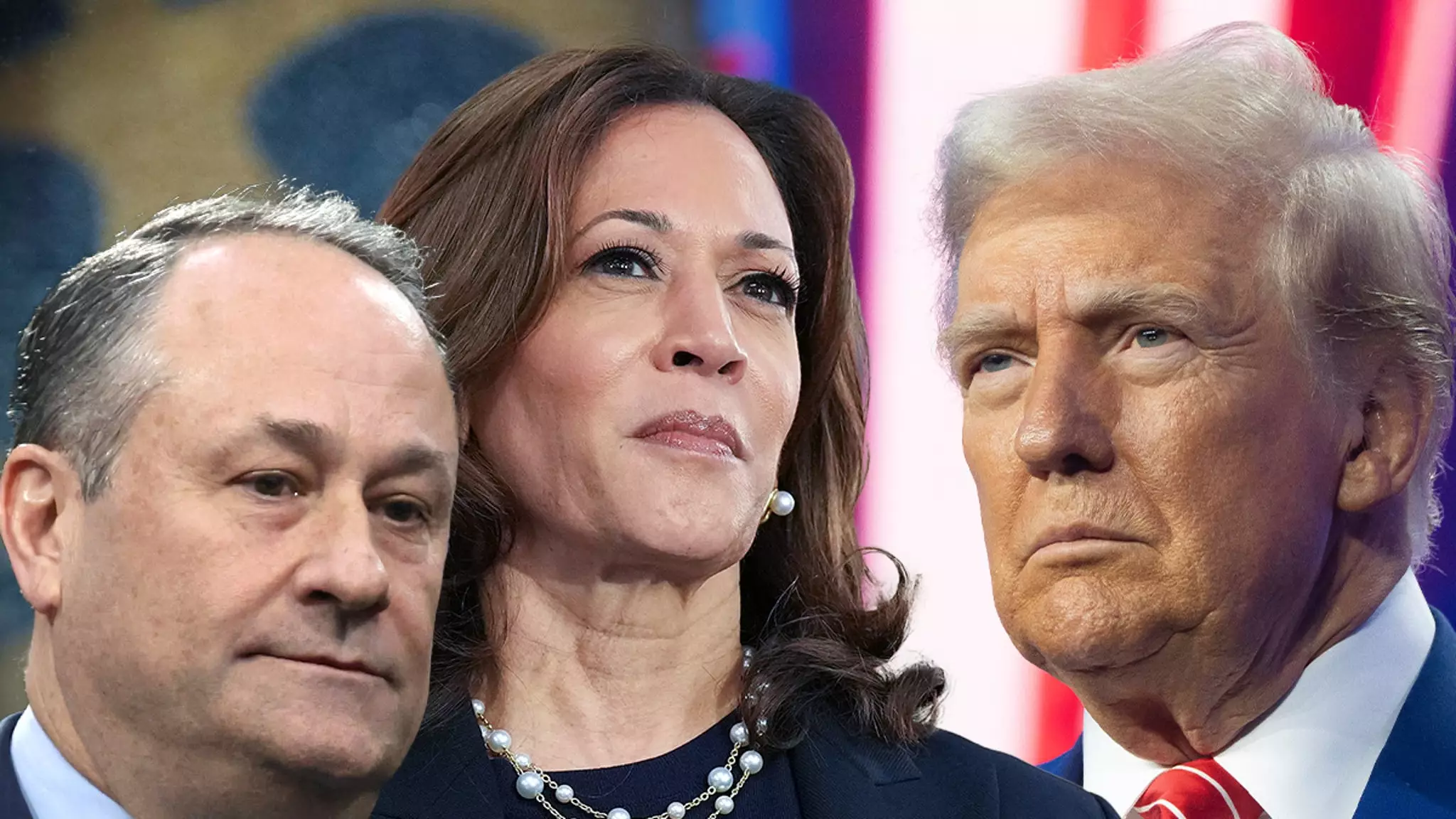In a bold display of political courage, Kamala Harris recently called out law firms in Washington D.C. for their complicity with the Trump administration, particularly targeting the firm of which her husband, Doug Emhoff, is a partner. During her impassioned speech at the Leading Women Defined Summit, she articulated a sentiment that resonates deeply in today’s fraught political climate: a pervasive fear stifling dissent. Harris’s words were more than a critique; they embodied a clarion call for ethical responsibility within the legal profession. By choosing to highlight the issue of pro bono legal services being rendered to a controversial administration, she is advocating for a reevaluation of what it means to serve justice in a polarized environment.
The Price of Silence
Harris’s remarks shed light on a troubling trend among many organizations that choose silence over accountability. This issue runs deeper than partisan politics; it raises fundamental questions about the role of legal professionals in democratic societies. The willingness of firms like Willkie Farr & Gallagher to align with Trump’s agenda, despite known threats to constitutional principles, exposes a significant moral dilemma. Their actions suggest a prioritization of financial survival over ethical stances, leaving a bitter aftertaste in the mouths of those who believe in the integrity of the law. Harris’s lamentation that organizations are capitulating to unconstitutional threats underscores the fear that numerous professionals feel—a fear that can suffocate essential dissent and ultimately compromise justice.
Corporate Responsibility vs. Personal Conviction
The timing of Harris’s critique is particularly poignant, considering that Doug Emhoff allegedly urged his firm to resist collaboration with the Trump administration, demonstrating a personal conviction that stands in stark contrast to the decisions made at the corporate level. This dichotomy presents an insightful commentary on the tension existing in today’s law firms. On one hand, there are individuals with strong moral compasses advocating for justice; on the other, the overarching structures that prioritize profitability and influence. Harris’s speech reflects the inherent conflict felt by many within these institutions, forcing professionals like Emhoff to navigate a minefield of ethical considerations while balancing their careers.
The Consequences of Complicity
As the landscape of American law evolves under shifting political ideologies, the choices made by legal firms will have long-lasting implications. By aligning with an administration that has openly threatened opposition, firms run the risk of damaging their reputations and losing the trust of their clients. When Harris says, “We are seeing those who are capitulating,” she encapsulates a critical moment where legal practitioners must decide: will they align with societal values and principles of justice, or will they compromise their integrity for financial gain? This dilemma reflects a more significant struggle facing many industries today, where ethical considerations often clash with practical realities.
Ultimately, Kamala Harris’s call to action is a powerful reminder that silence in the face of moral ambiguity has consequences. It is a challenge not only for the legal community but for all professions torn between adhering to ethical standards and responding to the pressures of power. The time for introspection and action is now, and Harris’s words resonate as a stark reminder that integrity must prevail in the pursuit of justice.

